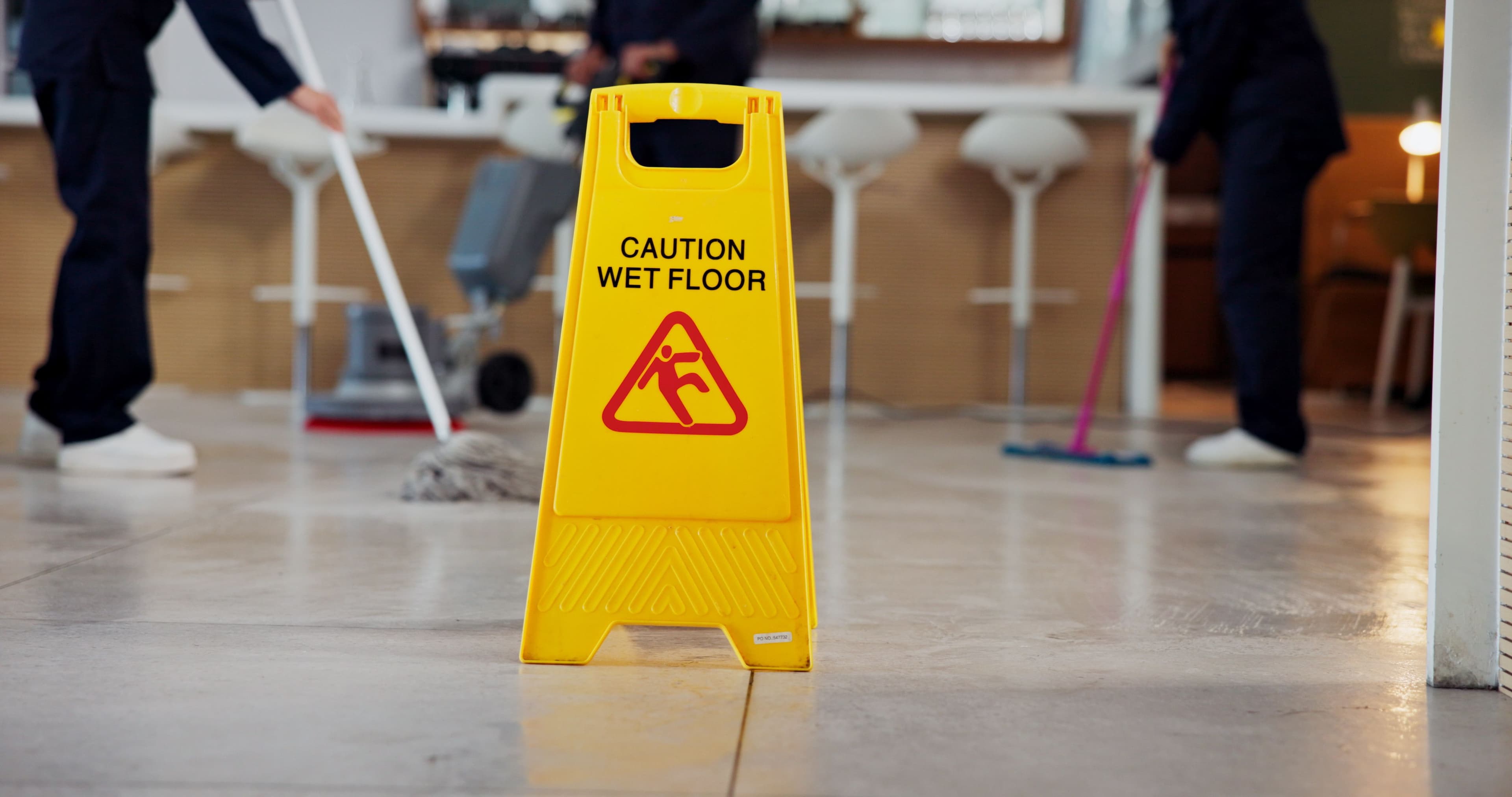


Injured in a slip and fall accident? Learn how Wisconsin law protects victims, what evidence proves negligence, and how to claim compensation.
Slip and fall accidents may sound minor, but in reality, they often lead to serious injuries that change lives. Victims may suffer broken bones, traumatic brain injuries, spinal damage, and long-term disabilities. In Wisconsin, property owners have a duty to maintain safe premises. When they fail in that duty, accident victims can pursue compensation through a legal claim.
At Trial Lawyers of Wisconsin, we understand how devastating a slip and fall can be. Our attorneys fight for injured clients by holding negligent property owners accountable and ensuring victims are not left with medical bills, lost wages, and lasting hardships.
Falls are one of the leading causes of emergency room visits in the United States. According to national safety data, millions of people are injured every year in falls, with older adults particularly at risk. In Wisconsin, icy sidewalks, poorly maintained businesses, and unsafe public spaces create hazards that can lead to devastating accidents.
What makes slip and fall cases unique is that they are not just “accidents.” Often, they are the direct result of negligence—such as a property owner failing to clear snow, repair broken steps, or warn about slippery floors.
Wisconsin law requires property owners and occupiers—whether they are businesses, landlords, or homeowners—to exercise reasonable care in maintaining their premises. This duty includes:
When property owners fail to uphold these responsibilities, they can be held legally liable for injuries that occur.
Slip and fall accidents can happen anywhere, but some hazards appear more frequently than others. Examples include:
Each case is unique, but the underlying issue is usually the same: a property owner or manager failed to correct or warn about a dangerous condition.
Like other personal injury claims, slip and fall cases hinge on proving negligence. To succeed, an injured person must show that:
For example, if a store manager ignored puddles from leaking refrigeration units and a customer slipped and broke their hip, the store may be liable for failing to fix or warn about the hazard.
Because insurance companies often try to minimize or deny these claims, evidence is critical. A slip and fall lawyer in Wisconsin will gather:
The sooner you contact an attorney, the easier it is to preserve this evidence before it disappears.
Wisconsin follows the rule of comparative negligence, which means your compensation may be reduced if you are found partly at fault.
For example, if you were texting while walking and slipped on ice, the property owner might argue that you were not paying attention. If a court finds you 20% at fault, your compensation will be reduced by 20%. If you are 50% or more at fault, you cannot recover damages at all.
Insurance companies often use this rule to avoid paying full compensation, making strong legal representation vital.
While some falls cause only minor bruises, others result in life-altering injuries, such as:
These injuries often require surgery, rehabilitation, and long-term medical care—costs that no victim should have to bear alone.
A successful slip and fall claim may provide compensation for:
An attorney’s job is to ensure that every form of loss is accounted for, not just the immediate medical costs.
Slip and fall cases are often underestimated, but they are legally complex. Property owners and insurance companies frequently argue that victims were careless, that the hazard was “obvious,” or that they had no time to correct it.
By hiring an experienced Wisconsin slip and fall lawyer, you level the playing field. Your attorney will:
At Trial Lawyers of Wisconsin, we prepare every case as though it will go to trial. This approach pressures insurance companies to settle fairly rather than risk losing in court.
After a slip and fall accident, the steps you take matter:
Time is critical because Wisconsin law imposes strict deadlines for filing personal injury claims. Waiting too long can result in losing your right to compensation.
At Trial Lawyers of Wisconsin, we have been representing injured clients since 1990. We have recovered more than $100 million for Wisconsin families by holding negligent corporations, businesses, and property owners accountable.
We do not settle cheaply. Our team has the resources, experience, and determination to take on even the toughest cases and win. When you choose us, you are choosing a law firm that will stand up for your rights and fight for the compensation you deserve.
Slip and fall accidents are not just bad luck—they are often the result of property owner negligence. Proving these cases requires strong evidence, an understanding of Wisconsin’s laws, and aggressive legal representation.
If you or a loved one has been injured in a slip and fall accident, don’t face the battle alone. Trial Lawyers of Wisconsin is here to help you recover physically, financially, and emotionally. Contact us today to begin your fight for justice.